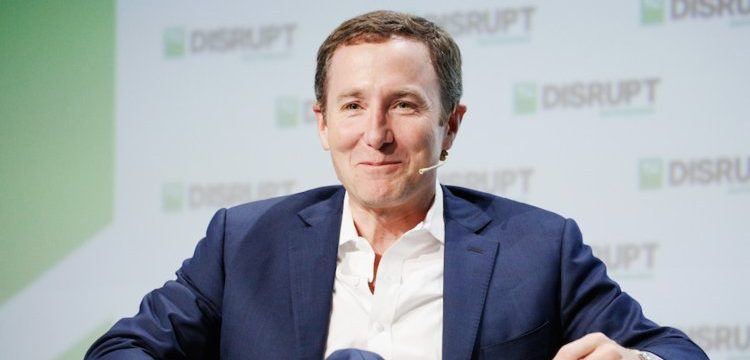- Peloton cofounder and CEOJohn Foley pitched his company to three angel investors every day for four years, he said on an April 2019 episode ofNPR’s “How I Built This with Guy Raz.”
- Boutique fitness was “a blind spot” for Silicon Valley investors, Foley toldNPR.
- Peloton released thepaperwork for its hotly anticipatedIPO earlier this week, revealing that the home fitness company had net losses of $245.7 million in fiscal year 2019,Business Insider previously reported.
- Visit Business Insider’s homepage for more stories.
Home fitness giantPeloton may now be planning one of the most hotly anticipated IPOs of the year — but just a few years ago, the company struggled to raise enough money to stay afloat.
“I would bet I pitched three times a day for four years,” Foley said, recalling Peloton’s early days on an April 2019 episode ofNPR’s “How I Built This with Guy Raz.” “Between thousands of angels, we had a hundred angels to get the first 10 million. But in order get a hundred angels at my success rate, I probably pitched 3,000 people, and then the 400 institutions that all said no.”
At the time, Foley told NPR, the maker of$2,000 stationary exercise bikes was burdened by financial problems so severe that Foley cleaned the Peloton office’s bathrooms himself because the company could not afford to hire both office support staff and the engineers needed to work on Peloton’s Wifi-connected exercise equipment.
Foley was in his mid-40s with two children when he got the idea to build a stationary bike that offered in-home spin classes on demand, he toldNPR. Agraduate of Harvard Business School, he had previously been an executive at both Mars Inc. and Barnes and Noble’s e-commerce division, according to thePeloton website. Foley and his wife both loved boutique fitness classes, but Foley couldn’t get into classes taught by his favorite instructors at the most convenient times because he didn’t like to book in advance.
Read more:Peloton, which sells $2,000 exercise bikes, just filed for an IPO — but cofounder and CEO John Foley has said that finding good talent is what keeps him up at night
According to Foley, there are two main reasons why Peloton — which, perBloomberg’s August 2018 report, was last valued at $4.15 billion in its latest round of funding — struggled to attract investors:
1. Boutique fitness was “a blind spot” for Silicon Valley investors.
“The valley didn’t see what was happening inNew York City with the boutique fitness movement,” Foley toldNPR. “I would go out there and they would say, ‘There’s two types of biking out here, John: mountain biking and road biking,’ and I’m like okay, great. They just didn’t see what was happening, and it was a blind spot for them.”
2. Peloton couldn’t show any market data.
“That was the frustrating thing, the ‘no market data,’ because we created a category, in a sense,” Foley toldNPR. “I thought when the venture capitalists heard that, they would say, ‘wow, this is true vision, this is true disruption, absolutely let me in,’ and they were saying, ‘no, there’s no research.’ They look for what’s called pattern recognition, and there wasn’t a pattern in what we were doing. It was frustrating, because I saw it clear as day.”
Peloton may still struggle to attract investors when it starts trading on public markets. Potential investors were shocked when the company revealed that it had sustained a $245.7 million net loss in fiscal year 2019 when the company released its IPOpaperwork on Tuesday,Business Insider previously reported.
Source: Read Full Article
